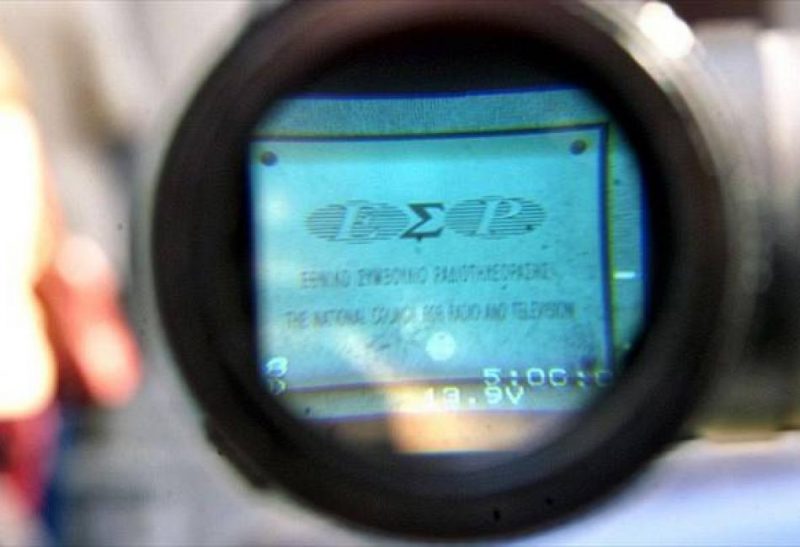
Allegations and doubts around the objectivity and independence of the National Council for Radio and Television (NCRTV)



In an article published on October 31, 2021, the newspaper Avgi raises questions about the objectivity of NCRTV on the basis that the authority seems to move more quickly and hand out harsher penalties in cases involving criticism of the government.
The National Council for Radio and Television, or NCRTV, is an independent authority enshrined in the Constitution (Article 15, paragraph 2). Among its responsibilities is the supervision of the operation of both private and public radio and television stations. In terms of the content of radio and television broadcasts, the authority systematically monitors compliance with the rules of ethics, pluralism of information, protection of minors and respect for human dignity.
The National Council for Radio and Television is governed by law 3051/2002 on constitutionally guaranteed independent authorities and operates outside of government control. It is supervised by the Parliament, and its actions are subject to judicial review. The establishment of this body as an independent authority aims to allow it to function objectively and without influence from the Executive to avoid bias in its operation. However, the above article calls into question the objectivity and independence of the body, presenting evidence of decisions that appear unjust and disproportionate to the gravity of the violation, to the detriment of the weakest broadcasters and to the benefit of the most powerful.
In this case, NCRTV exempted SKAI, one of the largest media groups in Greece, from financial penalties, despite the fact that they had identified a legal violation by the company. The independent authority noted that SKAI interrupted the news bulletin three times for advertisements on August 2, 3 and 4, 2015; April 3, 2016 and May 10, 2016. However, the law stipulates that advertisements must take place after each scheduled time period of 30 minutes. This means that a one-hour news bulletin would be allowed two advertisement breaks if the bulletin consists of two time slots of 30 minutes. The laws governing the operation of private TV and radio channels are laws 2328/1995, 3592/2007 and 4339/2015.
It follows from the above that the NCRTV appears to operate faster and more rigorously when the cases under consideration for violation of the law directly concern the Government and their work, while its speed and rigour should be independent of political bias.
George Pleios, who is a member of the NCRTV and also a professor and the President of the Faculty of Communication and Media of the University of Athens, has previously accused the government of attempting to manipulate the authority when an attempt was made to introduce a text by the “Working Group for Radio,” for discussion by the NCRTV, without the independent authority having previously formed its own positions. This working group is linked to the government’s initiative to set up a new radio framework. Mr. Pleios asked for the withdrawal of the above proposal, arguing that the text can not be a basis of discussion for the independent authority, since it should form its own point of view, after discussion and scientific research.
As an independent authority enshrined in the Constitution, the NCRTV must operate and impose penalties in an objective manner.
However, press reports of financial penalties being imposed unfairly and disproportionately, and accusations of government attempts at manipulation by a member of the authority suggest that there might be a problem with the authority’s objectivity and independence.
Bank Account number: 1100 0232 0016 560
IBAN: GR56 0140 1100 1100 0232 0016 560
BIC: CRBAGRAA
![]()
In a time where the very foundations of democracy are gradually being eroded by the rise of extreme nationalism, alt-right movements, the spread of disinformation and corporate capture, the efforts of organisations such as Vouliwatch are more relevant than ever.
We rely on the generosity of each and every one of you to continue with our efforts for more transparency and accounta
By financially supporting Vouliwatch you support our litigation strategy, our campaigns for transparency and accountability in the political system, the development of new civic tech tools, our research projects and last but not least our impartial and accurate